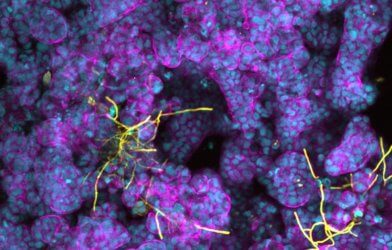
Gut Repair


New therapies could stop antibiotic-induced damage to gut healthJuly 5, 2022

Carbon monoxide for Crohn’s disease? Low doses could reduce inflammation, study showsJune 30, 2022
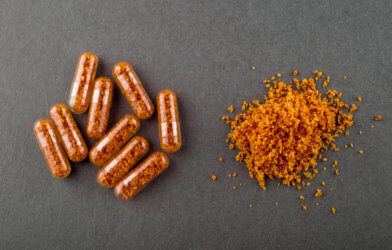
Harvard scientists propose widespread banking of stool samples for fecal transplants later in lifeJune 30, 2022

Fecal transplants could protect newborns from antibiotics that killed ‘good’ gut bacteria, study findsJune 22, 2022
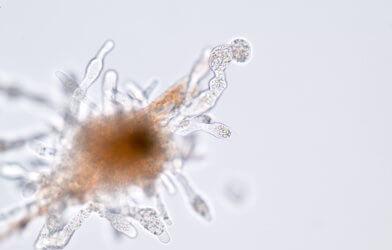
How amoeba therapy could stop bacteria behind severe diarrheal infections in childrenJune 21, 2022
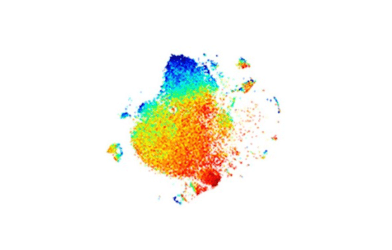
Blood cell discovery may lead to new treatments for chronic inflammatory conditionsMay 10, 2022

New nitric oxide therapy could reverse obesity effects, prevent metabolic disordersMay 4, 2022
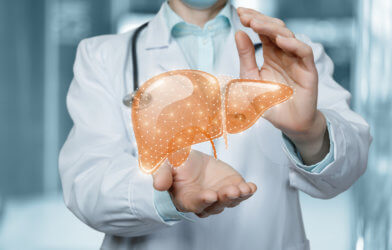
Innovative liver regeneration therapy could lead to breakthrough treatments for cancer, diseaseMay 4, 2022
